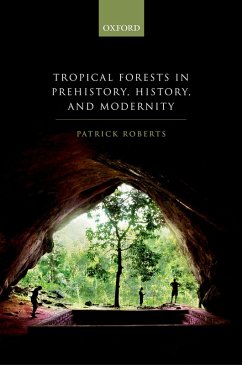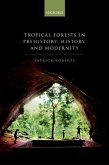In popular discourse, tropical forests are synonymous with 'nature' and 'wilderness'; battlegrounds between apparently pristine floral, faunal, and human communities, and the unrelenting industrial and urban powers of the modern world. It is rarely publicly understood that the extent of human adaptation to, and alteration of, tropical forest environments extends across archaeological, historical, and anthropological timescales. This book is the first attempt to bring together evidence for the nature of human interactions with tropical forests on a global scale, from the emergence of hominins in the tropical forests of Africa to modern conservation issues. Following a review of the natural history and variability of tropical forest ecosystems, this book takes a tour of human, and human ancestor, occupation and use of tropical forest environments through time. Far from being pristine, primordial ecosystems, this book illustrates how our species has inhabited and modified tropical forests from the earliest stages of its evolution. While agricultural strategies and vast urban networks emerged in tropical forests long prior to the arrival of European colonial powers and later industrialization, this should not be taken as justification for the massive deforestation and biodiversity threats imposed on tropical forest ecosystems in the 21st century. Rather, such a long-term perspective highlights the ongoing challenges of sustainability faced by forager, agricultural, and urban societies in these environments, setting the stage for more integrated approaches to conservation and policy-making, and the protection of millennia of ecological and cultural heritage bound up in these habitats.
Dieser Download kann aus rechtlichen Gründen nur mit Rechnungsadresse in A, B, BG, CY, CZ, D, DK, EW, E, FIN, F, GR, HR, H, IRL, I, LT, L, LR, M, NL, PL, P, R, S, SLO, SK ausgeliefert werden.









